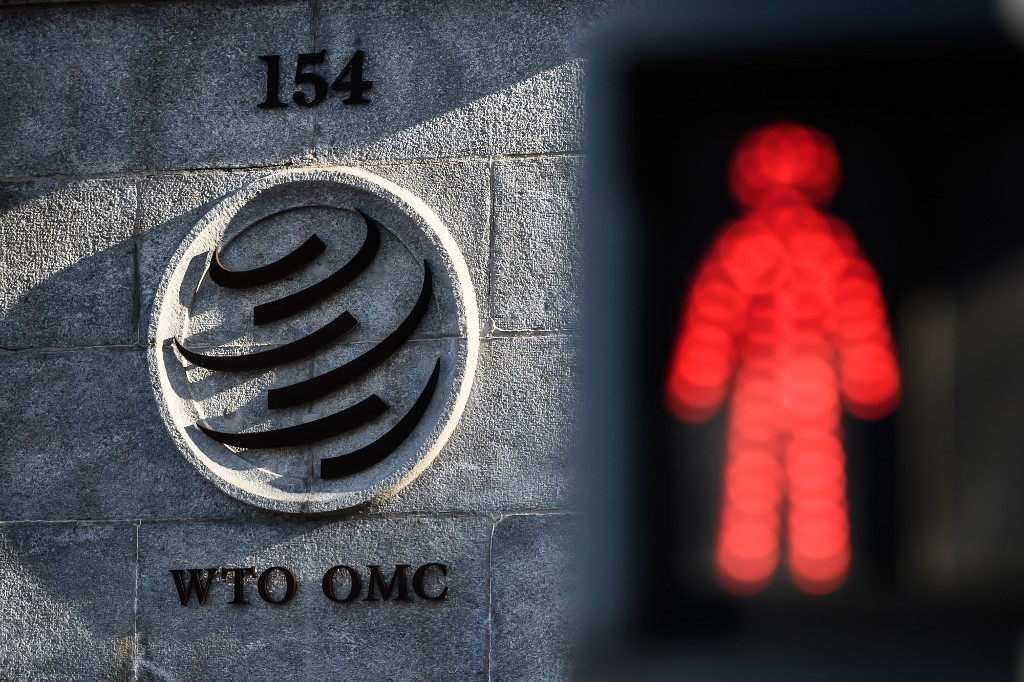Popular Reads
Top Results
Can't find what you're looking for?
View all search resultsPopular Reads
Top Results
Can't find what you're looking for?
View all search resultsIndonesia addresses EU objections over mineral policies at WTO consultation
Indonesia explained that the disputed policies were intended to ensure fairness in the domestic mineral industry.
Change text size
Gift Premium Articles
to Anyone
D
eputy Trade Minister Jerry Sambuaga joined delegates from the European Union and other countries at a World Trade Organization (WTO) consultation on Thursday in Geneva, Switzerland, to comply with the dispute settlement regarding the EU’s objection to a number of Indonesia’s coal and mineral policies.
The consultation served as a platform for WTO member states to express their objections to and/or clarify policies deemed to run counter to the 1994 General Agreement on Tariff and Trade (GATT), as well as those policies deemed to have had a negative impact on international trade, especially commerce within the EU.
During Thursday’s meeting, EU delegates pointed out that several of Indonesia’s coal and mineral policies were particularly unfair to the union, including Energy and Mineral Resources Ministerial Regulation No. 11/2019 on the second amendment to Ministerial Regulation No. 25/2018 on the coal and mineral business.
The regulation limits the nickel content of ore exports to below 1.7 percent, among other things.
Read also: Indonesia to have four new smelters this year as mineral ore export ban nears
Starting this year, Indonesia is banning the export of nickel ore as a part of a government program to boost the downstream mining industry, which requires miners to process ore at a local smelter prior to exporting.
Jerry addressed the concern during the consultation, reassuring the EU delegation that the policies were not intended to hinder world trade, but were instead implemented to ensure fair contribution among stakeholders in the domestic industry.
“The Indonesian government desires a positive outcome from this consultation process, so that the EU and other WTO member states may understand that Indonesia never had the slightest intention to hinder international trade,” the deputy minister said in a statement on Jan. 30.
“We hope that the WTO member states, including the EU, can understand the reasoning behind Indonesia’s policies so the regulations may remain in place.”
He added that the regulations were crucial to ensuring sustainable national mineral production as a driver of economic growth. (rfa)










